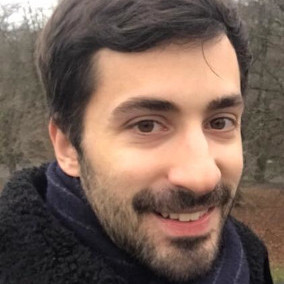🚀 First steps in Data Science
Since a young age, I have always taken an interest in programming in general. I grew up around technology, and my father is a programmer. I remember asking him for a programming book back when I was in junior high school. I picked up Pascal as my first programming language, and I was delighted with this new tool that allowed me to write code and make the computer do new things!
Ever since that first feeling, I have known that I would like to pursue Computer Science. So when it came time to decide what I would study at university, I enrolled in a Computer Science degree. I began learning the foundations of many topics such as mathematics, data structures, databases, theory of computation, and software engineering. I have learned a few widely used programming languages like C, Java and Python and OCaml for functional programming during the course. At the end of this degree, I had the opportunity to participate in academic research for a couple of years. It was the moment when I started to explore the data science world for the first time.
During these first academic research years, I learned how data could play an essential role in various domain fields. Exploring data and studying it can lead to fascinating knowledge insights. It was an incredible concept for me, and I decided it was the right time for me to invest in a graduate degree, so I started a Masters degree focused on machine learning and distributed systems.
During my Master's study, I was introduced to the mathematics concepts behind machine learning algorithms, tried out different approaches from supervised learning, unsupervised learning and reinforcement learning and had the chance to apply them in some academic projects (some available on my GitHub). While attending this course, I continued to work on academic research and built a project called GreenHub that studies energy consumption in the context of mobile devices. It generated a dataset with an impressive number of 45 million records. This work was vital to get my feet wet in defining and designing a data science experiment and practising a variety of tasks from extensive data cleaning to exploratory data analysis and, at a later stage, statistical modelling.
Now I am close to finishing my Master's degree. I feel like my learning path of data science barely started, and there are so many fascinating new use cases where different industries can benefit from the power of data. I think this video, by Cassie Kozyrkov, beautifully explains applied machine learning and the "potential of turning information into better action", to quote her.
So as I take my first steps into this new career, I came upon this piece of advice, to start blogging about data science and document my learning journey. I will explore new topics and algorithms, practice and develop my skills and track my progress over time. I feel fortunate to be doing what I love, and I am very excited to see how the world will change!
